Can dogs eat beans? How to give your dog beans in a healthier way
2022-07-08
Just like people, dogs don't want to eat the same old dog food every day. Instead, they want and expect something different every day to stimulate their taste buds. But it's not realistic to give your dog extra meals every day, and it's not good to give your dog extra meat too often, so that's where beans might be a good option for you.
I. Legumes are good for your dog's health
Why are beans a good choice to add to your dog's diet? Because beans for dogs are good for their health. In addition to protein, beans are rich in nutrients, such as iron, potassium, and vitamin B, which help dogs digest properly. In addition, beans contain antioxidants that help regulate blood sugar levels. However, when feeding beans to your dog, not all beans can be given to your dog, for example, do not give raw beans to your dog and also try to avoid canned beans. Then the question arises, which beans are allowed to eat? And which ones are not allowed?
Dogs can eat kidney beans
Kidney beans (also known as string beans), pinto beans, and kidney beans are all okay for dogs to eat. However, as mentioned above, do not feed your dog raw beans directly, as it may cause diarrhea. When preparing to feed your dog beans, they must be soaked overnight before cooking. Soak the beans in cold water inside the water for at least 4 hours, if not soaked or cooked properly, the beans will be almost impossible to digest, then you can cook the beans directly in boiling water, without adding salt, and give them to your dog.
Lectins are natural proteins found in beans and some plants, and soaking beans will reduce the number of lectins after cooking, making them easier to digest. Also, soaking and cooking beans will reduce the likelihood of bloating after your dog eats them. Conversely, a hard or uncooked serving of beans may cause nausea and even vomit in dogs.
Dogs should not eat chili beans or canned beans
While humans love chili, it's not a food dog can eat. Although chili is usually made from kidney beans, the spicy taste of this dish is too irritating for a dog's stomach. Dogs should not eat chili powder, and usually, garlic and onions, which tend to destroy your dog's red blood cells when consumed. Canned beans are also not ideal for dogs to eat, as their sodium content is usually higher and the added preservatives can cause stomach upset. So it's not recommended for everyday use.
II. How to give your dog beans more healthfully
Once or twice a week, adding a tablespoon or two to your dog's bowl is a great option to give your dog a nutritional boost. However, just as with dog snack intake, your dog's beans need to be kept to less than ten percent of your dog's total weekly food, and not too much. Because they are only a supplement, they are not meant to replace the protein in your dog's food.
As good as beans are, they have to be accepted by the dog to be truly good. So the owner, in the beginning, you can first give some dogs to try to eat, to observe whether the dog can accept, if several times in a row the dog does not like to eat, you may have to look for other healthy alternatives. And when it comes to eating, you can add the beans together with other foods you prepare for your dog, for example, you can mix them with pumpkin or sweet potatoes that your dog likes to eat, to make them more acceptable and more enjoyable to eat.
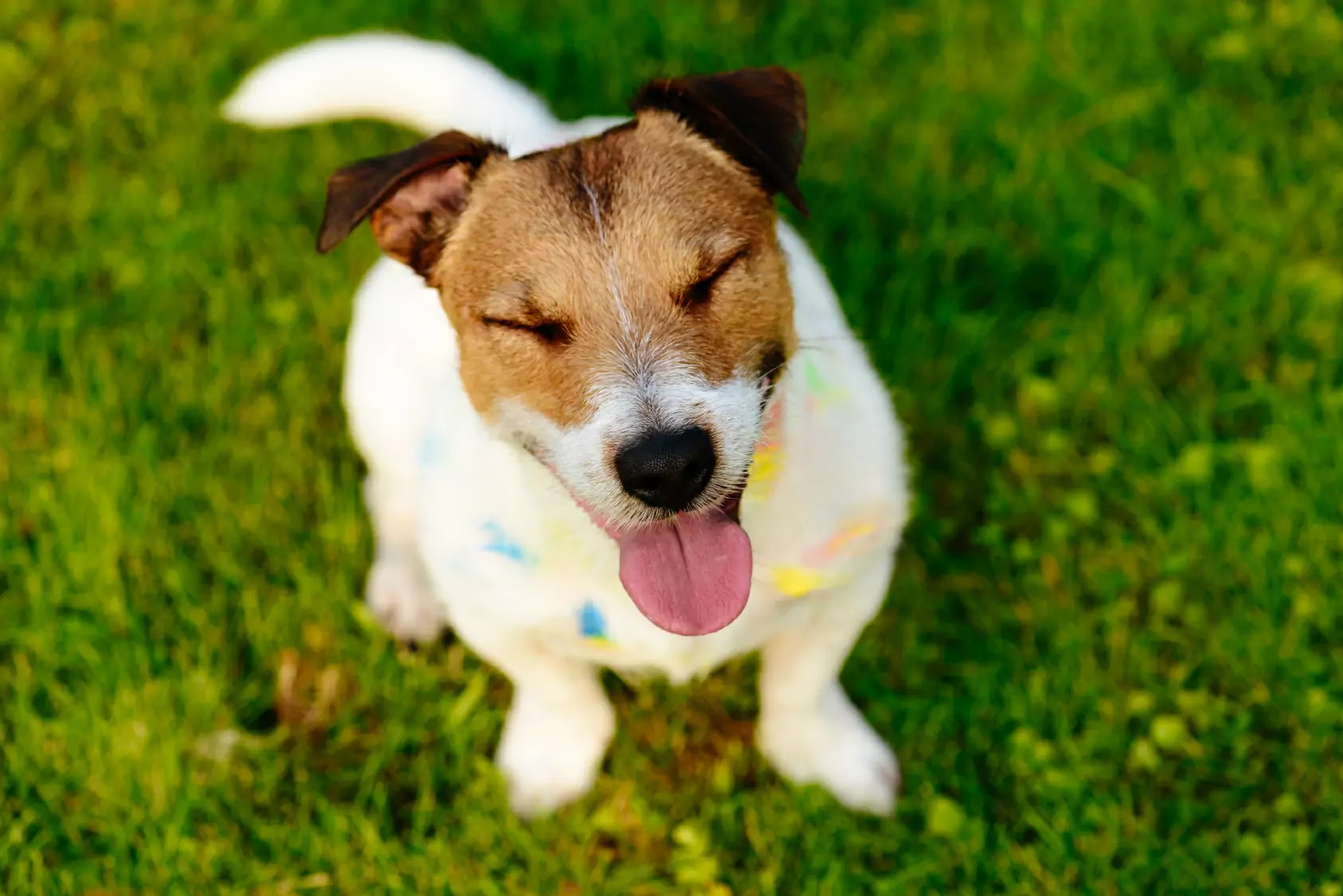
Three: Can dogs eat soy products
1, can dogs eat soy products question
Although tofu is not a poison and is not included in the food that dogs cannot eat, dogs should eat less. Although soybeans are rich in plant protein, the dog's body lacks the amino acids to digest plant protein, so give dogs eat soybeans, they can not absorb, and more accumulation in the intestines, easy to make the dog flatulence, and indigestion. If the tofu dish is made for human consumption, it is even more inedible, because the weight of the dog is much lower than the weight of humans, so the amount of edible salt needed is also much lower than the amount of salt for human consumption.
Excess salt in the dog's body can lead to increased levels of nitrogen in the dog's body, which can indirectly lead to other diseases such as kidney disease, skin disease, heart disease, etc.
The amount of salt for dogs
1, the amount of salt for dogs misconceptions.
1, can dog eat salt, this is a specious point of view, that dogs lack the sense of taste, and identify food mainly by smell, so they do not feel the saltiness. Compared to the very developed sense of smell, the dog's sense of taste is indeed more delayed, but the delay does not equal no.
2, some people have dog friends who believe that dogs can not eat salty things, eat salty things dogs will become stupid, dogs will eat salt will lose hair, and get skin diseases. It is because of this understanding, that many parents and then to the dog when cooking food without salt this practice is wrong, even if the dog ate more salty things will not become stupid.
3, many people think that dogs need less salt than people this view is somewhat one-sided.
Analysis of the phenomenon: all dog food, including the cheapest dog food, have a general rule: salty! Those very poor bulk dog food, with what raw materials can be imagined, but even the manufacture of these poor dog food manufacturers, still do not forget to add salt. Why? It is because salt can increase the palatability of dog food.
Scientific principle: we understand that the most primitive life is born in the ocean, natural creatures drink seawater every day, and seawater is salty.
Therefore, all life is inseparable from salt. The formal term for what is usually called salt is table salt, chemically expressed as sodium chloride, which contains chloride ions and sodium ions. These two ions, especially sodium ions, are essential for life. Medical principle: According to medical data, the concentration of saline for dogs and saline for humans is the same, and not only that, the concentration of saline for all mammals is 0.9%. Therefore, it can be said that all mammals have the same salt requirement.
A term you hear in the hospital is called saline. Whether a person is sick or a dog is sick, doctors will often administer an intravenous saline drip. Especially for diseases like diarrhea, which can easily cause dehydration, saline supplementation is a basic therapy, but of course, other elements should be supplemented at the same time. More than 90% of the sodium ions in animals are present in the extracellular fluid, which is the main component in maintaining the osmotic pressure of the extracellular fluid. If the sodium ion concentration is not enough, the intracellular fluid will leak and the cells will dry out.
If the sodium ion is not replenished in time, the cell will die of "thirst" and dryness. Of course, the sodium ion concentration should not be too large. If it exceeds the moderate range, the body will have the desire to be thirsty and will replenish a lot of water to dilute the sodium ions (so we eat salty food, we will be thirsty for water), and at the same time excrete the excess sodium ions out of the body through urination. If the excess sodium ions are not expelled in time, salt poisoning will occur. Fortunately, as long as the dog has enough water, salt poisoning rarely occurs under normal circumstances.
2, the degree of added salt for dogs; dogs are by no means unable to eat salt but must eat salt. If a little salt is not given to the dog to eat, then it will also affect the dog's health. Because sodium ions and chloride ions are essential mineral elements of the animal body, plant-based feeds generally contain less sodium and chloride. To supplement these two elements, and to enhance the appetite of animals, should be supplemented with salt in the diet. Currently, there are two main schools of dog diet, one is to feed dogs special dog food, and the other is a homemade diet.
If parents choose to feed their dogs dog food, then the dog food already contains salt, so no additional supplementation is possible. If the dog food is homemade, it depends on how much meat the parents feed. If the meat fed more is okay, because the meat contains salt; if the meat is not fed much, then you need to be careful, or often to the dog to supplement some salt is good.
3, the lack of salt for dogs is caused by the problem; salt is essential to maintain the animal's life activities. Salt can maintain the electrolyte balance in the animal body, which is not only salt contains sodium chloride, a small amount of iodine, calcium, and trace elements, but salt can also produce a slight stimulation of the gastrointestinal mucosa, with increased gastric acid secretion and strengthen the role of digestion.
If the dog does not have enough salt in his body, it will cause insufficient secretion of digestive juices and a decrease in the concentration of gastric acid, which will lead to fatigue, deficiency, loss of appetite, and neurological decline, and also easily cause growth stagnation, and other symptoms. If you don't give your dog the right amount of salt, it will affect their health, first of all, it will cause the dog's physical strength to decline, and the lack of salt will be the dog's coat discoloration, the skin is more prone to dryness, and the coat shedding rough and easy to shed. Salt contains a small amount of magnesium, calcium, and some other minerals, these are indispensable substances in the daily life of dogs, if dogs eat food without salt for a long time, it is simply impossible to live a healthy life.
4, the treatment of excessive salt for dogs; long-term to the dog to eat too salty food, will also stimulate their stomach and kidneys, affecting the health of dogs. So too much salt intake for dogs also has certain hazards.
1. Some people believe that dogs will have skin diseases if they eat too much salt this statement is lack science. If it will cause skin disease because eating too much salt when sweating will be more, you know the dog's sweat glands have degenerated, in the skin will not sweat, dogs mainly rely on the tongue, foot pads heat dissipation, so too much salt when prone to skin disease.
2. Excessive salt especially when the water is not enough, will cause salt poisoning in dogs. But because the dog's kidneys have a very good excretory function, the salt does not feel, so there are very few cases of salt poisoning in dogs.
The dog ate a small amount of salt how to do that, actually does not worry too much, the dog's kidney function is very strong, as long as the drowned food for the dog to steal to eat no problem. If you find that the dog stole a lot of bacon and so on, you have to provide it with a lot of water, while controlling once do not drink too much, then generally will not occur.
4. Dogs eating too much salty food can indeed cause the following problems.
1. picky eating
2, heart problems
3, kidney problems
4, high blood pressure
5. salt poisoning, which can lead to neurological phenomena such as paralysis
6, hair loss, easy to induce skin; one thing must be corrected, salt intake will lead to dog hair loss but never grow mange. Generally, people often say mange is usually fungal hair loss or mite hair loss. When you find abnormalities in your dog's skin, please take your dog to the clinic promptly, as the earliest treatment for skin diseases is usually the better.
Was this article helpful to you?
Other links in this article
português (Brasil):
Os cães podem comer feijão? Como dar feijão a seu cão de uma maneira mais saudável
中文简体:
狗能吃豆子吗?怎样更健康的给狗狗吃豆子
中文繁体:
狗能吃豆子嗎?怎樣更健康的給狗狗吃豆子
Comments
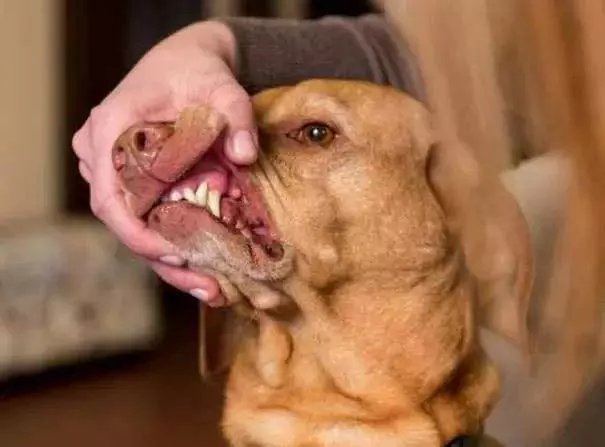
Is a dog's mouth cleaner than a human's? Dogs' mouths need regular cleaning
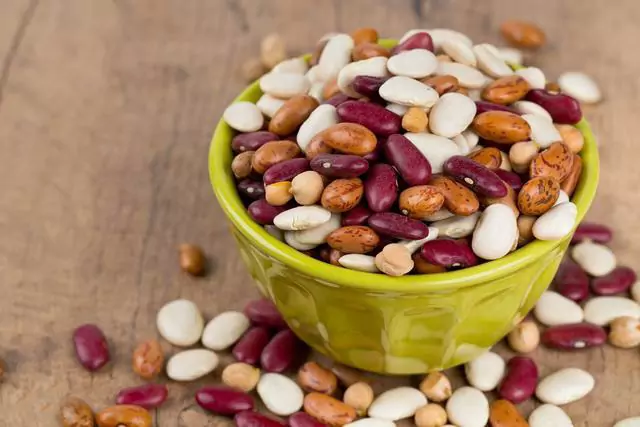
Can dogs eat beans? Do dogs eat beans for health?
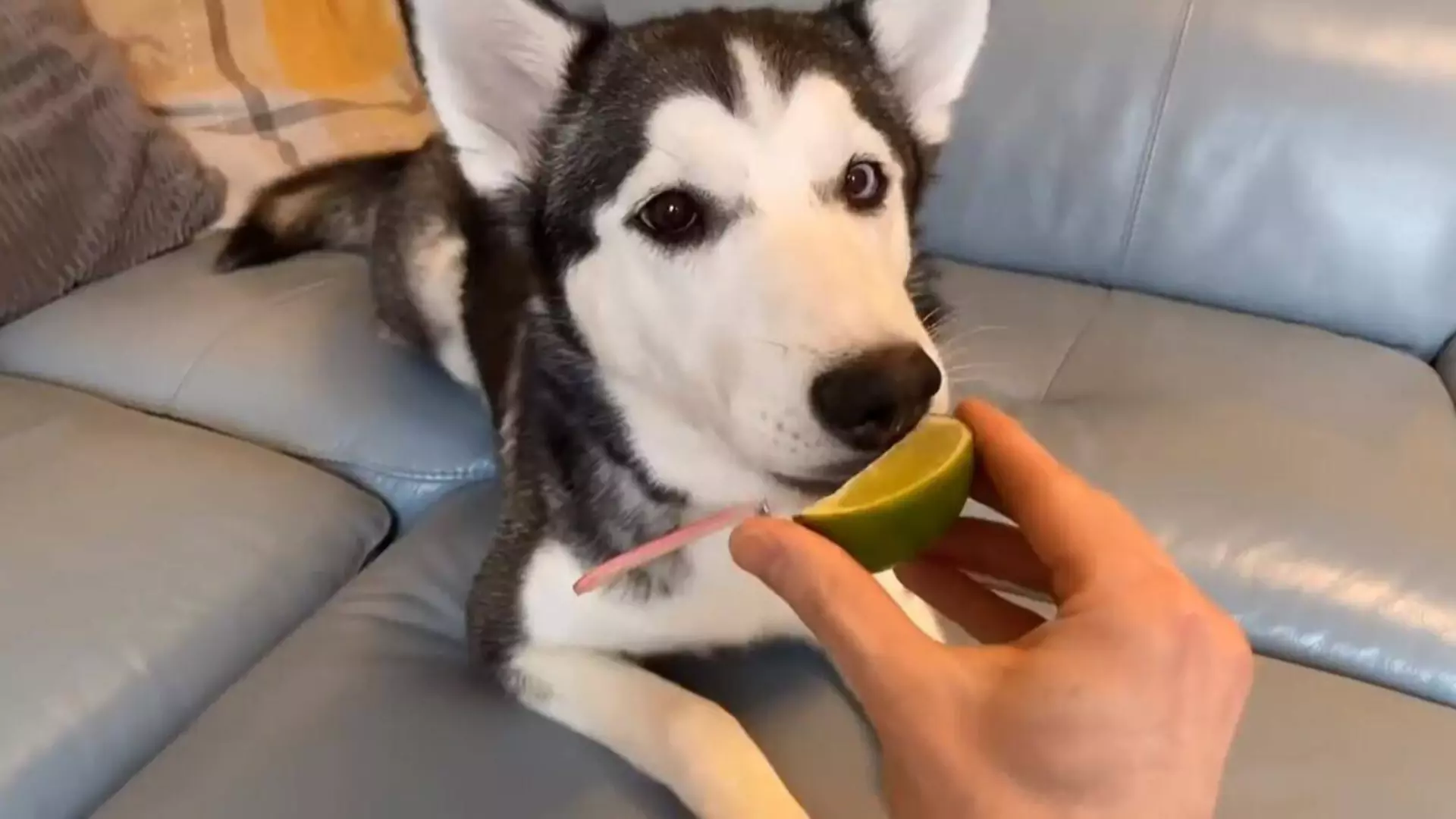
Can dogs eat lemons? Fruits that dogs should not eat more of

Do dogs have nightmares? Are dogs' dreams similar to humans'?
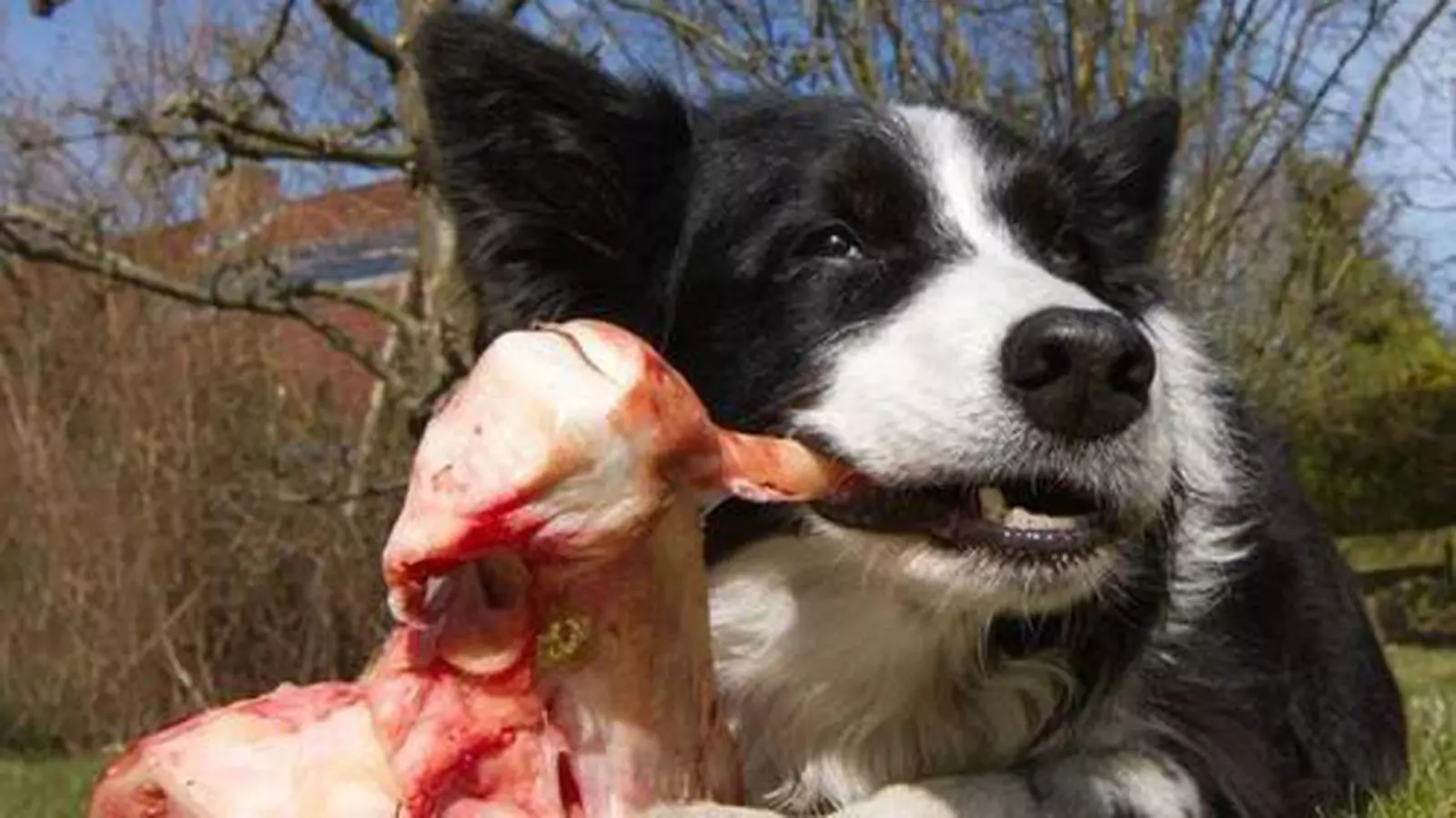
Can dogs eat raw beef? The benefits and drawbacks of beef for dogs
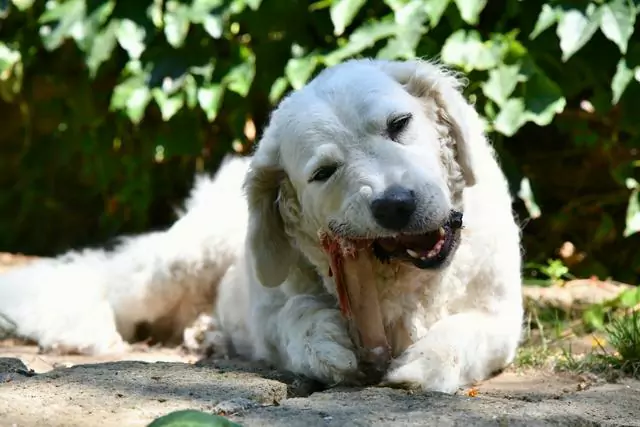
Is raw meat good for dogs? Can dogs eat raw chicken?

Can dogs eat pomegranates?

Can dogs eat ham?Can all types of ham hocks be eaten?

How to give a dog a bath

Can dogs eat kimchi?










